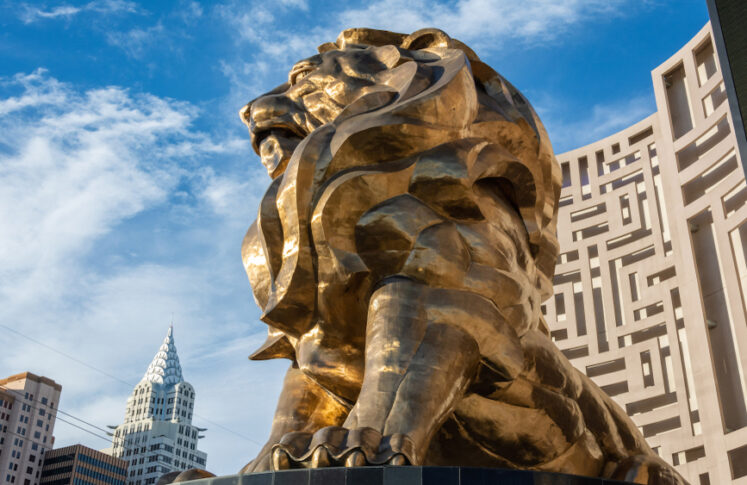Tourism, Taxes, and Tensions
Brazil's long-debated push to legalise land-based casinos is inching closer to a decisive vote in the Senate, according to Senator Irajá Abreu, rapporteur of the bill PL 2,234/2022. Despite ongoing resistance from religious and conservative lawmakers, momentum appears to be building for a legislative breakthrough.
The bill, which has remained stalled since its approval by the Senate's Justice and Citizenship Committee in June 2024, is now “ripe to be discussed and voted on in the plenary,” Irajá told Poder360 last week. She expressed confidence that Senate President Davi Alcolumbre and party leaders will soon find the political environment suitable for bringing the proposal to the floor.
| Topic | Details |
|---|---|
| Bill | PL 2,234/2022 – Legalisation of land-based casinos in Brazil |
| Status | Approved by committee; awaiting Senate floor vote |
| Proponent | Senator Irajá Abreu (Rapporteur) |
| Main Benefits | BRL22 billion in taxes, doubling tourism from 6M to 12M annually |
| Opposition | Evangelical Parliamentary Front, led by Deputy Gilberto Nascimento |
| Main Concerns | Gambling addiction, timing due to online betting scandals |
| Next Step | Senate vote pending decision by Senate President Davi Alcolumbre |
A Lucrative Tourism Boost?
Proponents argue the bill could provide a substantial economic lift to Brazil, both through tax revenue and international tourism. According to Senator Irajá, legalising land-based casinos could add BRL22 billion (approx. $3.8 billion) in annual tax revenue and help double the country’s annual tourist influx from six to 12 million.
“It is an important project for the country,” Irajá said. “We are going to revolutionise Brazilian tourism. We cannot stand by and watch neighbouring countries like Argentina, Uruguay and Chile receive so many millions of international tourists, while Brazil cannot.”
The online betting market was officially launched in Brazil on January 1st, marking a pivotal shift in the country’s regulatory stance on gambling. However, land-based operations remain illegal, leaving Brazil behind regional competitors that already capitalise on casino-driven tourism.
Evangelical Opposition Holds Firm
Despite growing support, the casino bill faces fierce resistance from influential political factions, particularly the Evangelical Parliamentary Front. Newly-appointed front leader Deputy Gilberto Nascimento has vowed to mobilise against the bill, citing moral and social concerns.
“I will ask everyone to be against it,” Nascimento declared. “Everyone is addicted [to gambling], just look at what is happening with [online] betting. Casinos and physical games tend to get worse. Brazil is not a country with a vocation for gambling.”
Nascimento’s comments highlight broader concerns about rising gambling addiction and the perceived lack of regulatory infrastructure to manage it, especially in light of recent controversies surrounding Brazil’s burgeoning online betting scene. Some lawmakers believe the political climate is not yet conducive to debating the bill. Senator Jacques Wagner of the Workers’ Party warned last week that the fallout from online betting scandals has created a volatile environment.
“It is the worst time to debate this, due to the repercussions of the bets. There is no climate to vote this semester,” Wagner said.
Nevertheless, Irajá remains optimistic. She indicated a willingness to amend the bill’s text to address concerns raised by opposition lawmakers, including those from the evangelical bloc. The following is the statement of the opposition:
I am open to dialogue, including with the evangelical bench, which has taken a very firm position against the approval of this matter. I believe in common sense.
Outlook
As the Senate prepares for what could be a historic vote, the fate of Brazil’s land-based gambling industry remains uncertain. The bill’s backers are betting on economic incentives and regional competitiveness to sway undecided lawmakers, while opponents continue to frame the issue as a moral and social risk.
Should PL 2,234/2022 pass, it would mark a seismic shift in Brazil’s gambling landscape and potentially usher in a new era of entertainment, tourism, and fiscal revenue.







